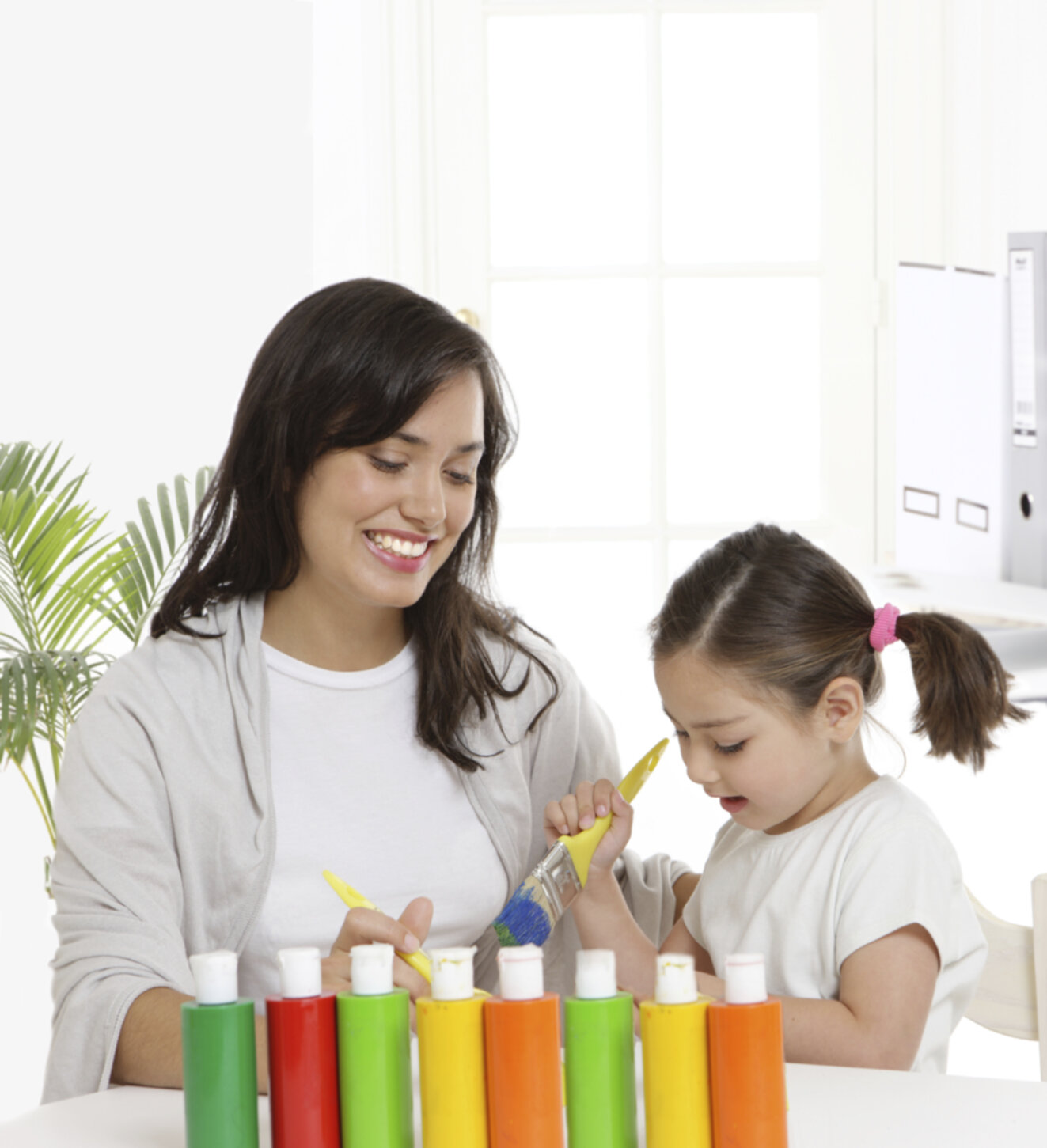 How to Nurture Healthy Brain Development
How to Nurture Healthy Brain Development

When it comes to infants and toddlers, parents don’t need to be scientists to nurture healthy brain development. For instance, Today’s Parent, a terrific online web magazine, says the key is for parents to cultivate a strong connection, emotionally and physically, with their children—something that comes naturally to most parents.
The magazine says, for instance, that physical contact has an influential effect in developing various brain pathways. Basically, these pathways help people get over emotional upset and deal with stress, it says. This doesn’t mean, though, that parents have to carry their babies around every single second of the day. What it does mean, though, is that physical contact, such as cuddling, helps babies feel secure and, as a result, plays an important part in assisting their brains to develop to their optimum best, it adds.
According to the PBS news station, the American Academy of Pediatrics, the country’s biggest pediatricians’ group, issued a statement back in 2013 stating the critical need for more parents to read out loud to their children. Doing so, the group says, not only stimulates early brain development but assists greatly in building literacy skills.
The reason that the group reached out the way that it is due is to the dismaying figure that more than one-third of children in the US enter kindergarten without the skills they need to learn to read, said PBS. The article “Childhood Stimulation Key to Brain Development, Study Finds” adds to this by saying that the more mental stimulation a person gets as a toddler, the better developed their cognition and language skills will be.
Just the simple intervention of giving a family a book, making a few suggestions on how to read with their child and encouraging reading in the home, means that these children will do better in school, says PBS. For English language learners, specifically Hispanic-speaking students, many educators call on the services of the Latino Family Literacy Project. In essence, it’s a program whereby schools guide parents in setting up a bilingual, at-home reading program. Teachers can attend a one-day, program training at a workshop near them or via an online webinar.
